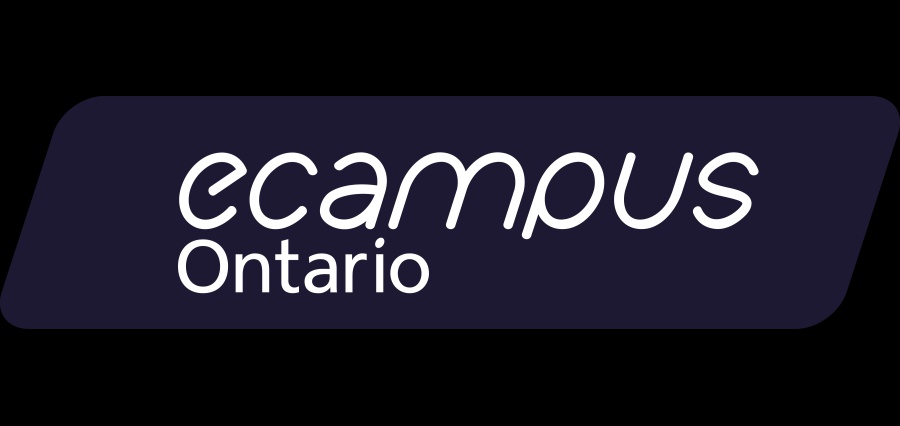Decentralized Finance (DeFi)
The financial landscape has undergone a profound transformation with the advent of Decentralized Finance (DeFi). This innovative technology disrupts traditional financial systems, creating a new paradigm for how people interact with their money. This innovative approach to financial services leverages blockchain technology to create open, permissionless and transparent ecosystems offering alternatives to traditional banking and financial systems.
As DeFi gains momentum globally, Europe’s business schools are recognizing the critical need to equip future leaders with the knowledge and skills necessary to navigate and shape this rapidly evolving sector.
Europe’s business schools have a long-standing reputation for academic excellence and forward-thinking curricula. By integrating DeFi into their programs, these institutions staying abreast of financial innovations and preparing students to be at the forefront of a financial revolution. These schools are embracing the challenge of teaching the future of finance, ensuring that their graduates are well-versed in the principles, technologies and implications of DeFi.
Join in to find out how Europe’s business schools are incorporating DeFi into their curricula, the significance of this shift and the broader impact on the future of finance!
The Rise of Decentralized Finance (DeFi)
What is DeFi?
Decentralized finance, or DeFi, refers to a broad range of financial services and products that operate on blockchain networks. Unlike traditional finance, which relies on centralized institutions like banks and exchanges, DeFi uses smart contracts to automate transactions and processes. This decentralized approach eliminates intermediaries, reduces costs and increases accessibility to financial services.
The Growth and Impact of DeFi
DeFi has experienced exponential growth over the past few years, with billions of dollars locked in various DeFi protocols. This growth is driven by the promise of increased financial inclusivity, transparency and efficiency. DeFi applications cover a wide range of financial services, including lending, borrowing, trading, and insurance, all of which are executed on blockchain platforms.
Europe’s Business Schools Embracing DeFi
Curriculum Development
Europe’s business schools are rapidly adapting their curricula to include comprehensive coverage of DeFi. Courses on blockchain technology, cryptocurrency and smart contracts are becoming standard offerings. Additionally, specialized programs focusing exclusively on DeFi are being introduced, providing students with in-depth knowledge and hands-on experience.
Collaboration with Industry
To ensure that their programs are aligned with real-world needs, many business schools are collaborating with industry leaders in the DeFi space. These partnerships facilitate guest lectures, internships and collaborative research projects, giving students direct exposure to current trends and challenges in the industry.
Teaching Methods and Learning Outcomes
Interactive Learning
Europe’s business schools are adopting interactive learning methods to teach DeFi. This includes the use of simulations, hackathons and project-based assignments that allow students to develop practical skills. By engaging with real-world scenarios, students can better understand the complexities and potential of DeFi.
Research and Innovation
Research is a cornerstone of DeFi education at these institutions. Students are encouraged to engage in research projects, often in collaboration with industry partners, to explore new applications and improvements in DeFi technology. This emphasis on innovation fosters a deeper understanding and helps drive the industry forward.
Ethical and Regulatory Considerations
Understanding the ethical and regulatory implications of DeFi is crucial for future leaders in the field. Business schools are incorporating these topics into their DeFi curricula, ensuring that students are aware of the challenges and responsibilities associated with decentralized financial systems. This holistic approach prepares graduates to navigate the regulatory landscape and promote ethical practices in their professional careers.
Career Opportunities for Graduates
Roles in DeFi Startups
Graduates with expertise in DeFi are highly sought after by startups in the blockchain and cryptocurrency space. These roles often involve developing and implementing new DeFi products, managing smart contracts and ensuring the security and efficiency of blockchain-based financial services.
Positions in Traditional Financial Institutions
Traditional financial institutions are increasingly exploring DeFi to enhance their services and stay competitive. Graduates can find opportunities in banks, investment firms and insurance companies, where they can apply their DeFi knowledge to innovate and improve traditional financial systems.
Consulting and Advisory Roles
Consulting firms are also keen to hire DeFi experts to advise their clients on adopting and integrating decentralized financial solutions. These roles involve analyzing market trends, assessing the feasibility of DeFi projects and providing strategic guidance to businesses looking to leverage blockchain technology.
Challenges and Opportunities
Regulatory Hurdles
One of the main challenges facing the DeFi industry is regulatory uncertainty. As governments and regulatory bodies work to establish frameworks for DeFi, business school graduates will need to stay informed about evolving regulations and ensure compliance in their operations.
Driving Financial Inclusion
DeFi has the potential to significantly enhance financial inclusion by providing access to financial services for underserved populations. Europe’s business schools are emphasizing this aspect, encouraging students to develop solutions that address the needs of those who are excluded from traditional financial systems.
Conclusion
Europe’s business schools are playing a pivotal role in teaching the future of finance by incorporating DeFi into their curricula. Through innovative teaching methods, industry collaborations and a focus on ethical and regulatory considerations, these institutions are preparing the next generation of financial leaders to navigate and shape the evolving landscape of decentralized finance.
In summary, the integration of DeFi education in Europe’s business schools is essential for preparing future leaders in the financial sector. Looking ahead, the continued evolution of DeFi technology and the cultivation of skilled professionals will be crucial in overcoming challenges and seizing the opportunities presented by this financial revolution.






